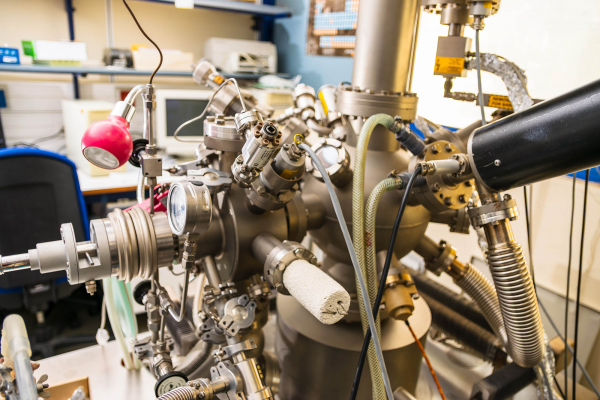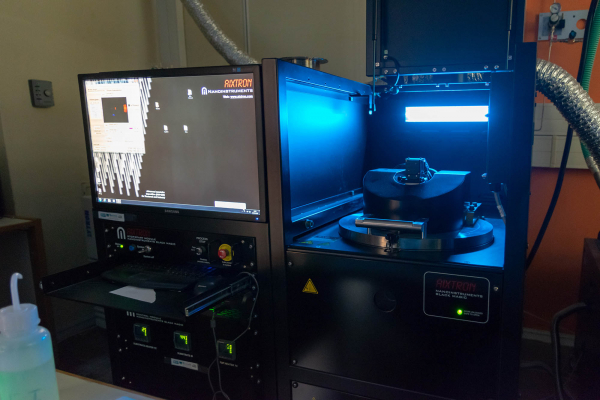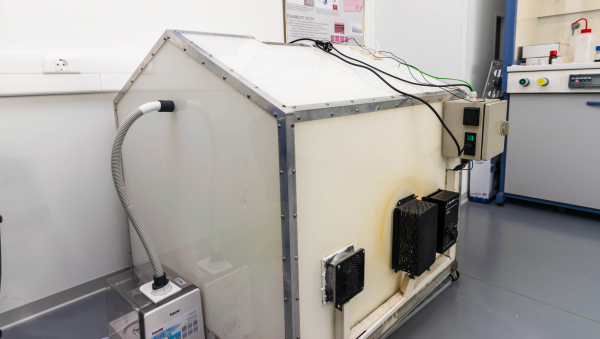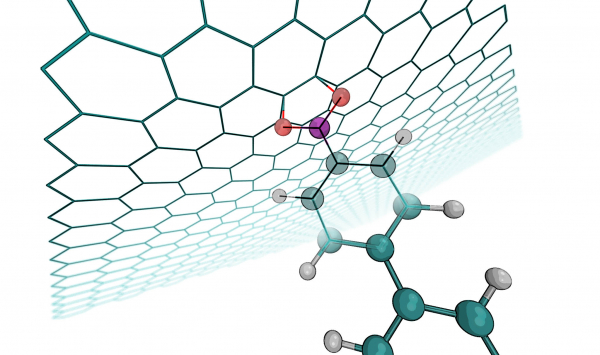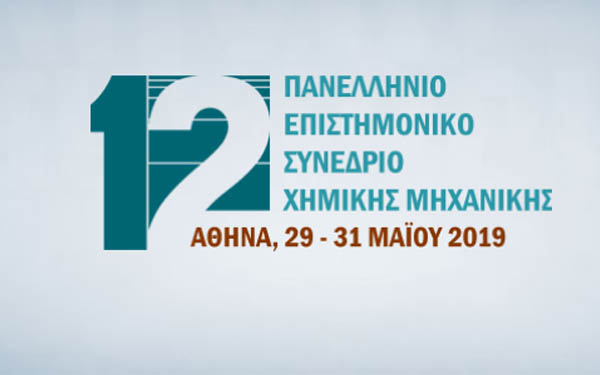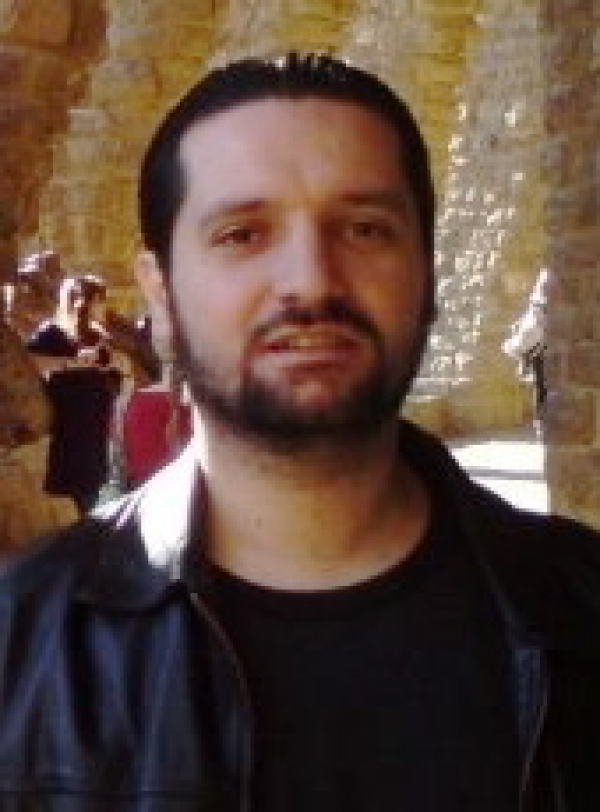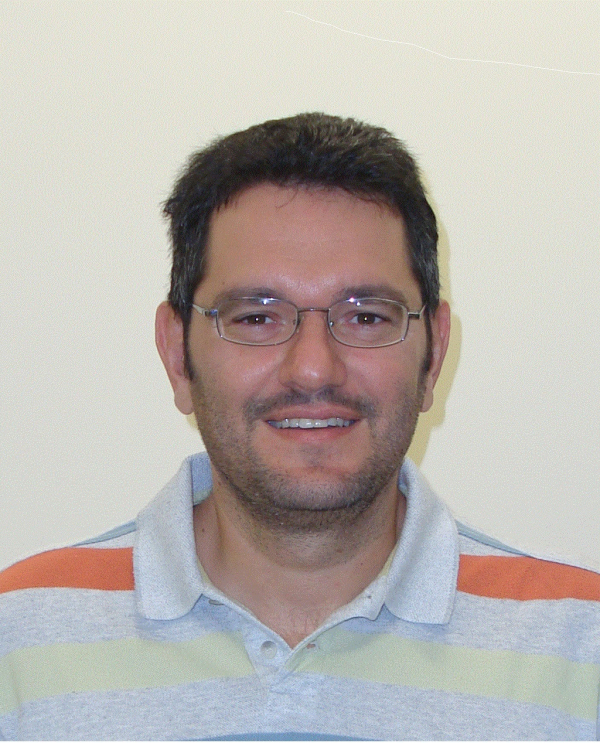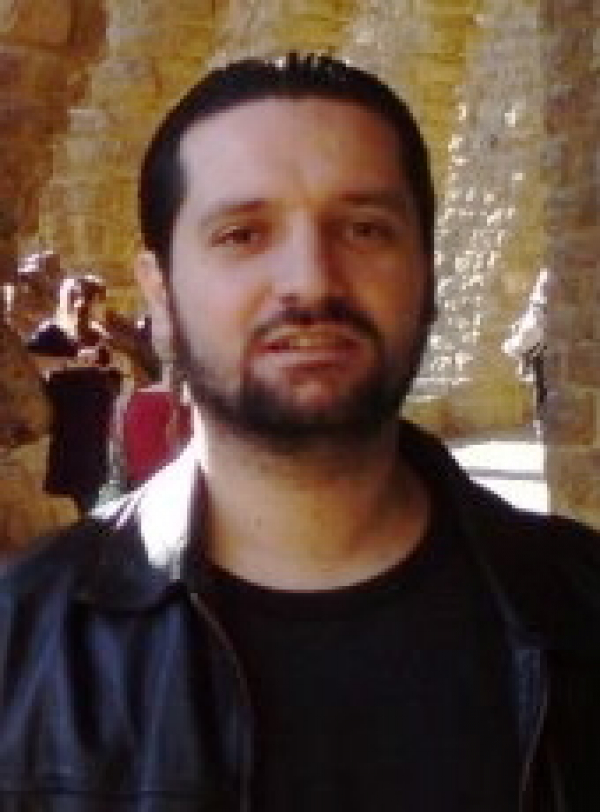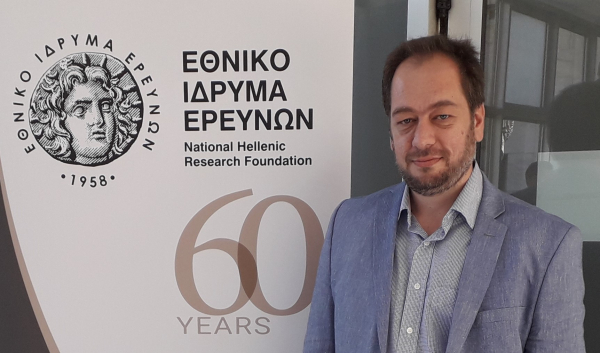My specialization is in the field of the computational modelling (using classical and quantum molecular simulations) and rational design of porous materials and green sustainable solvents used in several chemical and industrial processes.
During my research studies I have obtained significant experience in computational chemistry and molecular modeling techniques. My post-doctoral work at several prestigious European Institutes (Imperial College London, University College London, Technical University of Barcelona, CEA-Grenoble, University of Montpellier, University
of Sassari) has helped me to develop several skills and gain significant experience on computational modeling techniques in chemistry-materials science and scientific code development. I have been also trained to use High Performance Computing facilities and I was a recipient of the HPC-Europa fellowship on 2012 and 2018, in order to use the supercomputing facilities of CINECA and Mare Nostrum (BSC-Barcelona) to perform extensive ab initio molecular dynamics studies on porous materials, battery electrolytes and aqueous systems.
I have been an active user of several European and International Supercomputing facilities (Jülich Germany, Mare Nostrum Barcelona, Fermi-CINECA, Titan-USA, ARIS Greece) and have obtained significant experience in using Unix-Linux multiprocessor clusters, compiling parallel computational chemistry applications and successfully working with them. At the same time, I am an active reviewer of scientific proposals in order to use the High-Performance Computing Facilities (ARIS supercomputer) of the Greek Research and Technology Network (GRNET).
In my research studies, I have mainly employed molecular dynamics simulation techniques and statistical mechanical theories. My research work on pure supercritical fluids has revealed new important information about the nature of density inhomogeneities in these systems, which is a key factor in understanding the peculiarities in their physicochemical properties. Special attention has been given to the investigation of the properties of supercritical CO2 and water. My work at the Technical University of Catalonia (UPC) has also contributed towards a better understanding of the properties of aqueous ionic solutions via abi initio molecular dynamics techniques. My research at Imperial College focused on the understanding of the properties of new alternative green solvents like ionic liquids and alternative refrigerants.



